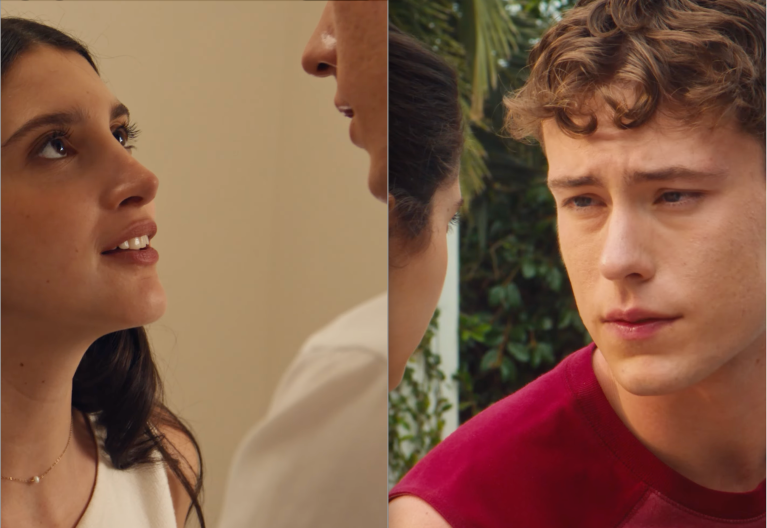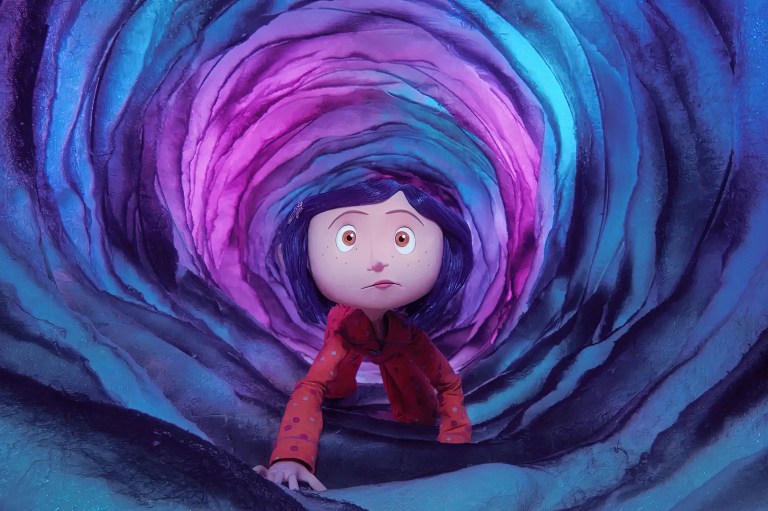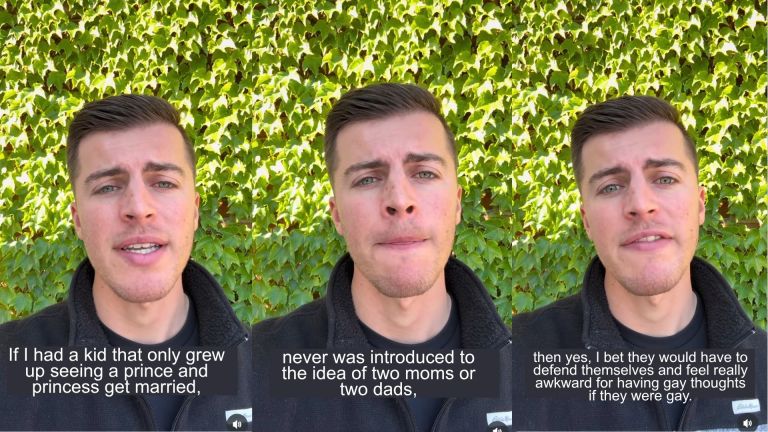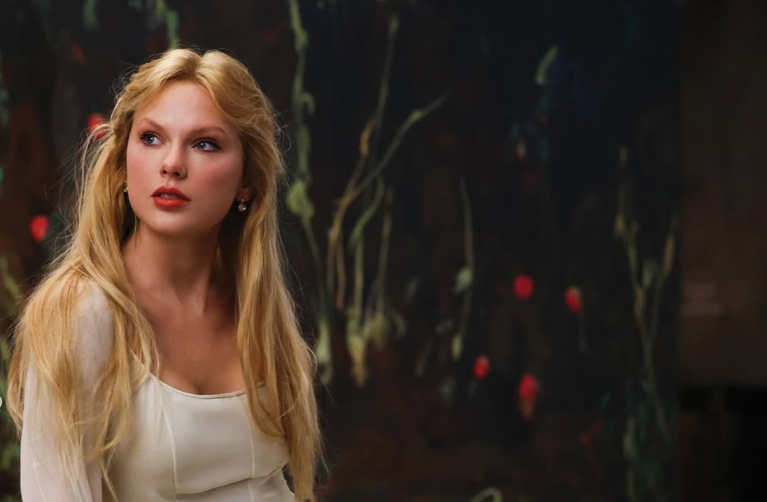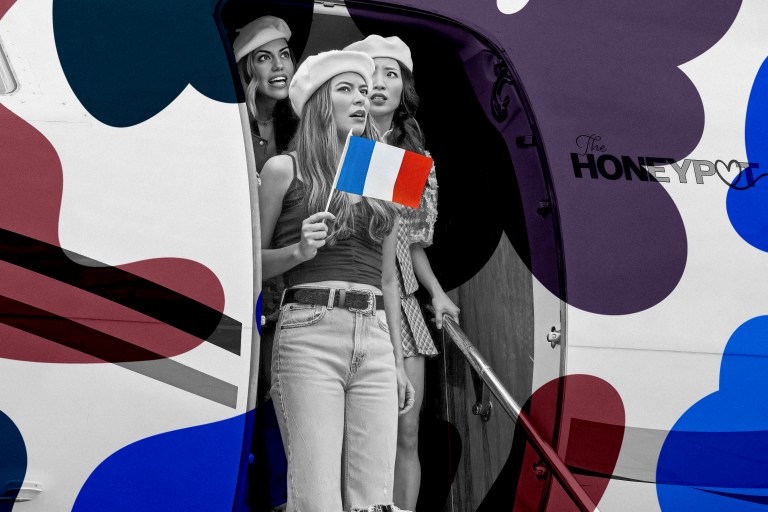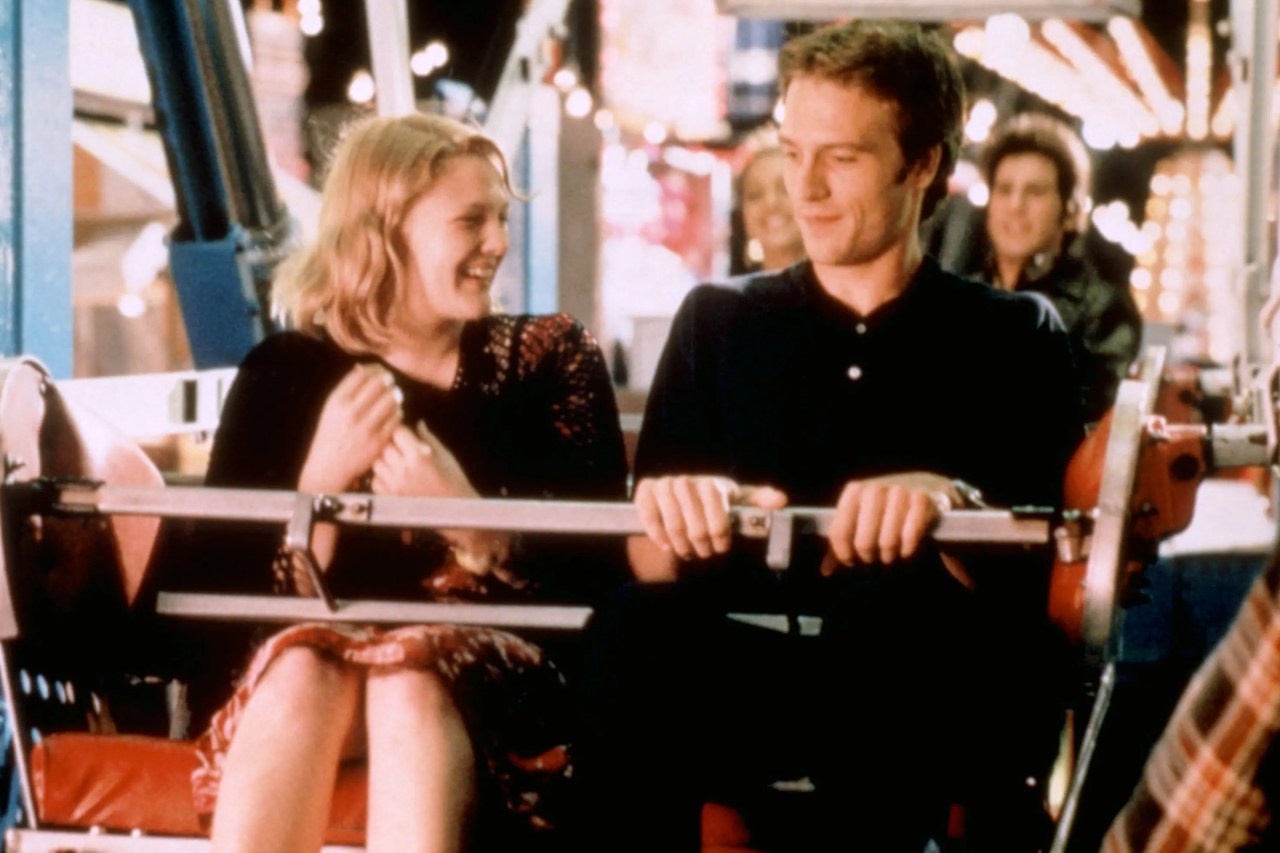
6 Romance Movies People Loved (That Were Actually Problematic and Aged Terribly)
There’s nothing quite like the dreadful feeling of looking back at hindsight and realizing that even our most beloved movies have problematic aspects we may have overlooked, minimized, or not recognized the full impact of until we matured a bit and learned life lessons of our own. Here are the six romance movies that at the time seemed normal to audiences but turned out to be quite problematic and aged terribly. While most on the list were beloved (like Never Been Kissed), a couple of these (like American Beauty) were just straight up creepy from the start.
Never Been Kissed
First of all, who didn’t immediately fall in love with Michael Vartan on Never Been Kissed (or Alias for that matter)? Guilty. Never Been Kissed was a seemingly hilarious romantic comedy with two amazing leads cast and no one can forget when Josie (played by Drew Barrymore) had that epic dance on that stage after eating some very “special” brownies. It was one of my favorite movies growing up but it had two glaring issues that younger generations did not quite capture the impact of at the time of watching. The aspect that seems highly problematic when we look back at it is that Josie’s high school teacher seems to be interested in her even when he believes she’s a minor. In reality she is thankfully not, as she is an adult journalist pretending to be a high school student, but the fact that he hit on her even and disclosed his feelings even while thinking she is is quite shady. And bizarrely, her brother is literally dating a high school student and it is a running “joke” how this high schooler wants to lose her virginity to him (no backstory to even explain that one there)! Two facts we seem to have overlooked as viewers — and looking back, it can definitely give one the creeps and understandably so.
13 Going on 30
The plot and execution of this beloved movie on the surface is mostly hilarious. A young girl gets to experience what she will be like when she’s older when she’s thrust into the body and dream career as her 30-year-old self. Chaos ensues and she reunites with her true love so she can make the right decisions when she goes back to her teenage self. So far so good — except Jennifer Garner’s character Jenna is still unmistakably a 13-year-old in a 30-year-old body navigating adult situations, exposed to things she definitely should not be exposed to and kissing the grown adult version of her best friend, Matt. A bit problematic when we think about it more deeply.
American Beauty
Apart from the fact that it features the problematic Kevin Spacey (I may have to go into the witness protection program after writing this), the plotline of this film is pretty sinister and that is clear no matter what era you watched it in. A middle-aged 40-something suburban dad, Lester, falls for his teenage daughter’s best friend, Angela, while his wife is painted as shrill and domineering. Rather than coping with his mid-life crisis by going to therapy, he decides to indulge in his inappropriate and predatory fantasies. This is one of the movies in this list where we aren’t even sure why it was ever a movie people enjoyed in the first place.
Sixteen Candles
This “classic” coming-of-age film definitely has many problematic aspects in hindsight. Ted spends most of the movie sexually harassing and violating girls he likes. Long Duk Dong, the foreign exchange student that comes to stay with Sam’s grandparents, is mocked with rudely racist jokes. When Jake tells Ted that he can do whatever he wants to his passed out girlfriend and says he could violate her in ten different ways if he wanted to, it gives viewers now the major ick. Honestly, all of those plotlines should have been flagged as problematic regardless of what generation was watching it. Another similarly “beloved” movie that promotes rape culture is Grease, centered around a “boys will be boys” mentality with Sandy, the main character, almost being assaulted in a car by her boyfriend Danny.
Pretty Woman
Pretty Woman is essentially a twisted fairytale where a street-smart escort by the name of Vivian (played by Julia Roberts) is wooed into a life of luxury and romance by cutthroat businessman Edward (played by Richard Gere). Viewers loved this movie because of the intense chemistry between the two characters, but the movie actually had a much darker original ending intended for it meant to show the unfiltered reality of Vivian’s work. The problematic parts of this movie most come into play when we consider the scene where Edward tells Vivian that he doubts she hasn’t felt this cheap before when she tells him she feels like he made her feel cheap. This is after she suffers an attempted sexual assault by his business associate when he learns what she does for a living. Quite the low blow in a vulnerable situation, and the coupling is still based on a power imbalance where Vivian needs Edward’s money to survive, making it pretty problematic than romantic.
The Notebook
The Notebook is touted as one of the greatest romance movies of all time and it’s understandable why, but Allie and Noah definitely had a whirlwind romance that was filled with red flags in the beginning. Noah threatens to kill himself in a grand “romantic” gesture by hanging off a Ferris wheel when Allie refuses to go on a date with him and basically coerces her into going out. Their explosive fights feel more toxic than romantic. While the film has its romantic aspects mainly in the longevity of their relationship and it is understandable why fans still love this movie, these red flags are often overlooked or minimized by viewers which can teach younger generations to romanticize aspects that in real life would escalate to emotional abuse.
